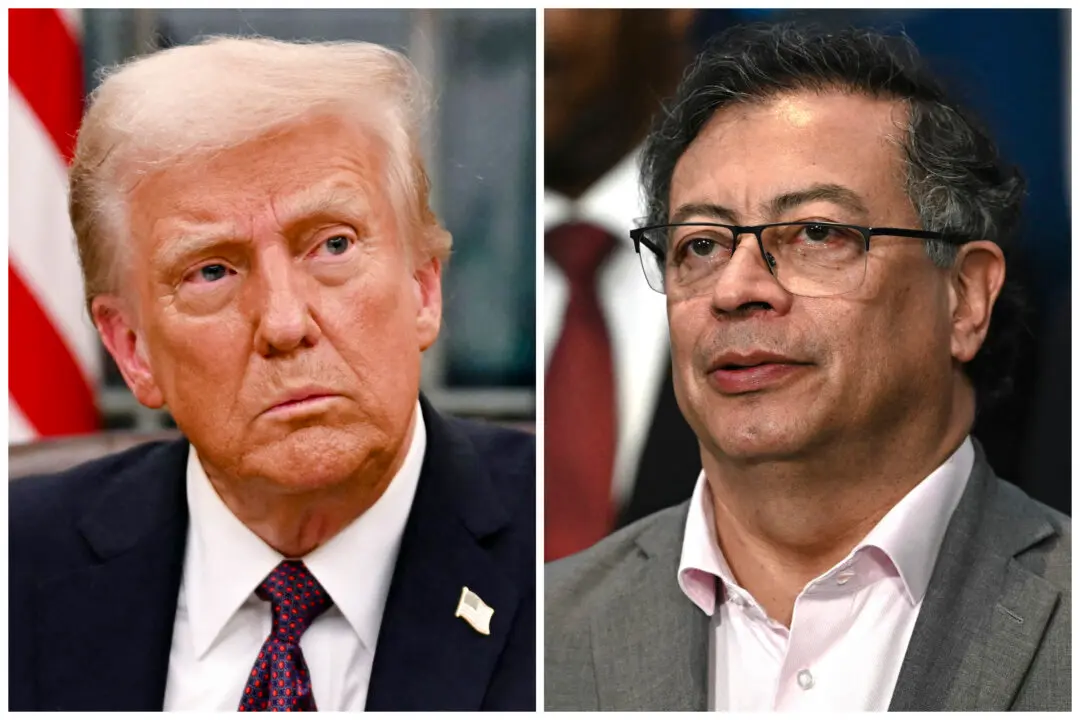President-elect Donald Trump on the night of Nov. 17 made another appointment for his incoming administration, this time naming Brendan Carr, a Federal Communications Commission (FCC) commissioner, as the agency’s chair.
As one of the agency’s five Senate-confirmed commissioners who serve staggered five-year terms, Carr is currently the senior Republican at the FCC.





